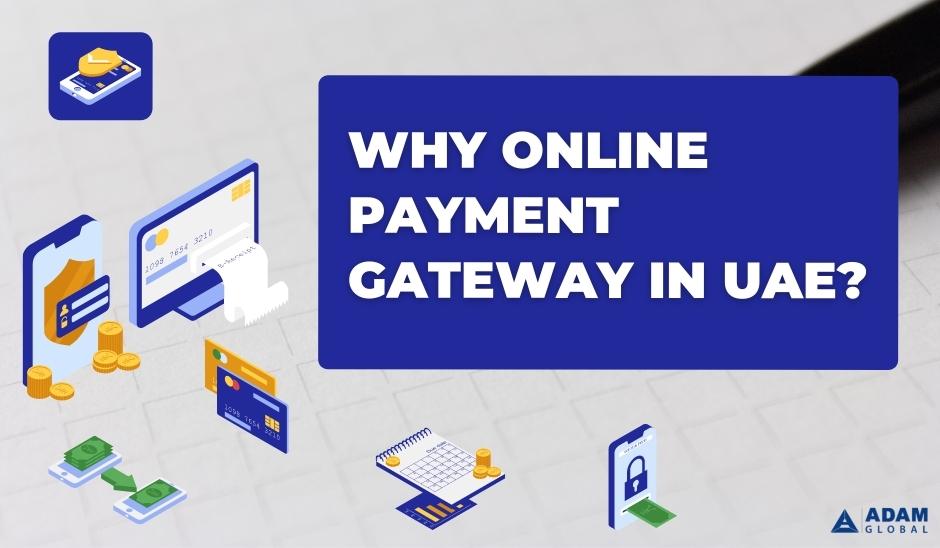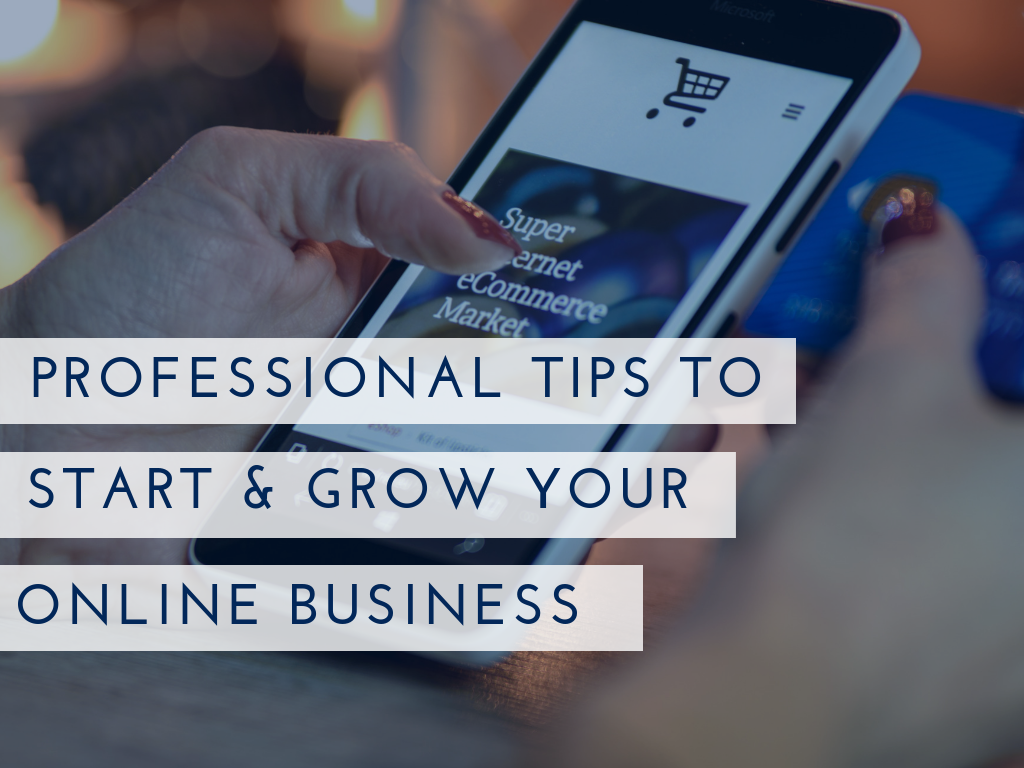On one side is your customer and on the other it’s you. In between is the payment gateway that nails the deal between you and them. Whether online or brick-and-mortar, businesses involve tons of monetary transactions. Making and accepting payments could be daunting and time-consuming if not for payment gateway. Thanks to payment gateways that not only reduces (if not eliminates) security risks and manual intervention but also the processing time of online transactions to just a few seconds. Gateway can be understood as a networking device that interconnects two devices in different networks so that they can communicate with each other. This article is useful for you if you are planning to start your business in the UAE, whether virtual or full-fledged physical, as we are going to shed some light on various payment gateways you will need while accepting payments from your customers or clients.
What is a payment gateway?
A payment gateway is a technology that facilitates collecting payments made by customers/clients via their credit or debit cards. The payment service is integrated into an e-commerce platform to receive payments. Simply put, a payment gateway is a passageway linking the buyer’s bank account to the seller’s platform through which the money travels from its origin to destination. The UAE Payment Gateway System (UAEPGS) made its debut in June 2016 through the Central Bank to enable buyers to make purchases from the sellers by paying the amount online either via direct debit (through their bank account via the internet banking) or via a UAEPGS member bank debit card. And today, it has become the first and foremost need of almost every merchant across the world.
Usually, payment gateways are offered by either banks or specialized financial institutions. And it is required by both kinds of business – online and offline. For instance, if you have a physical outlet, you offer it as a point of sale (POS) terminal where your customers insert their card and enter your PIN or simply tap. In an online store. On the other hand, if you are into an e-commerce business you offer it to your customers as they check-out to put in their card details for payment against the purchases.
Is payment gateway different from payment processor?
Both the terms payment gateway and payment processor are different from each other. Simply put, the money transaction journey completes in two halves. Where first part involves ‘payment gateway” that collects customer card information and encrypts it for later processing and second part involves “payment processor” that uses the encrypted customer details to contact the customer’s bank to debit the required amount from it and the merchant’s bank to credit the same amount into it.
Why should I invest in a payment gateway?
Payment gateways are structured to support the financial transaction between two parties. Almost every merchant or business person in the UAE or any part of the world uses some or the other payment gateway because it:
- Easily integrates with the shopping carts
- Speeds up payment processing
- Affirms multiple payment options
- Provides chargeback prevention
- Covers fraud management
- Renders recurring billing
Investing in a payment gateway is all worth it – cross my heart – because by doing this you’re not only safeguarding your business from liabilities but also, you’re inviting more customers by accepting all payment methods.
What are the benefits of using a payment gateway in the UAE?
Whether you are an online merchant or a big-box retailer, operating from the narrow streets or a jumbo mall, with a payment gateway you don’t have to worry about your payments. It’s payment gateway’s job to authorise credit or debit payments for you. More and more businesses are switching to payment gateways from traditional payment methods (like direct bank transfer) to make the most of the benefits that the payment gateway system offers such as instant payment and merchants’ credibility and security, to name some. Let’s have a quick glance over some other advantages you can enjoy by taking the service:
- Credit card validation and processing in real-time
- Money is normally deposited into a bank account automatically
- Reports are auto-generated for users
- Doesn’t need special user deployment
What are the disadvantages of payment gateway in the UAE?
It’s important to know about the cons of payment gateway before you opt for the same. Check them out and weigh them against the pros to decide whether you need it or not.
- The service comes with fixed monthly fee
- Percentage fee per amount spent
- Fixed fee per transaction
- The user bank or the gateway bank will charge a 1-5% merchant fee for allowing credit purchases. This can go beyond 5% as well
What are different types of payment gateway?
Businesses in UAE use various payment gateways to simplify their and their customers’ life. Telr, MIGs, MPGS, Cyber Source, Payfort, Checkout, 2checkout, CCAvenue, PayTabs, and Cashu are some of the most popular payment gateways in the UAEmost businesses depend on for their financial transactions. You are required to install a connection module or develop a custom extension for that in order to integrate one of these payment gateways to your e-commerce store. Even some businesses accept Google Pay also in the UAE.
To pick a payment gateway that check all the boxes you need to first understand there are 4 types of payment gateways in UAE:
- Hosted payment gateways: A hosted payment gateway is an external checkout system that redirects the user to the payment service provider’s (PSP) page. This means that the user will have to leave your website to complete payment and then be sent back to your website to finish the checkout process. The system is customisable, easy to set up, simple to use and secure as transactions are PCI compliant and typically offer the customer fraud protection. The only cons of using a hosted payment gateway are that the merchant can’t control the whole user experience as the gateway is third-party. The best global example of a hosted payment gateway I can give you is PayPal.
- Self-hosted payment gateways: This self-hosted payment gateway allows users to enter the payment details on the merchant’s website which is then sent to the payment gateway’s URL. Some gateways ask for the payment data in a certain format, whereas others demand a hash key or secret key. The gateway system is popular because the entire transaction takes place in one place and the payment journey is under the merchant’s control only. The only drawback of this payment gateway type is you usually have no technical support team to go in case the system fails and hiring a professional to address the issue could burn a hole in your pocket. You might have heard about QuickBooks Commerce’s B2B Payments and Shopify Payments. They both are powered by Stripe and examples of self-hosted payment gateways. JSYK QuickBooks Commerce’s B2B Payments have their dedicated support team to assist you in need.
- API hosted payment gateways: This payment gateway type gives merchants complete control of their website design. Both the payment details and processing are handled directly on the merchant website which means customers enter their card information only on the merchant’s checkout page and payments are processed using an API (Application Programming Interface) or HTTPS queries. The best part is it can be used on handy portable devices like mobile phones and tablets. This one is the best option for merchants if they accept the only downside of it i.e., you have to take accountability for PCI DSS compliance and purchasing SSL certification.
- Local bank integration: Local bank integration gateways redirect the user to the payment gateway’s website (which is a bank in most cases) where they populate the fields requesting their payment and contact data. Once the payment is done by the customer, they are sent back to the merchant website, with payment notification data sent upon redirection. Setting up this gateway is quick and easy which makes the best option for small businesses that want a straightforward one-time payment system. Wholesalers might not want to opt for a local bank integration as it provides basic features only and usually doesn’t enable returns or recurring payments.
Now you have an idea about all four types of payment gateways available at your disposal, you may choose the right payment gateway taking into account your business model, the types of features you need and the degree of control you want over your customers’ payment experience. If you are doing business online and a wholesaler you would want to go for a self-hosted payment gateway as it provides the most streamlined experience to the customer and you both. QuickBooks Commerce’s B2B Payments gives you peace of mind as all your customers’ data is in secure hands.
PS: In order to take a payment gateway service, you have to first obtain your business licence in the UAE. You may get in touch with the Dubai branch of UK-based Adam Global in case you need any assistance in trade licence application in Dubai, UAE.
How to choose a payment gateway in Dubai, UAE?
Payment gateway sure, cuts down the work you need to do as a business owner but before you reach that stage you have to do your homework to find out the best payment gateway for your business. There are five factors you should consider when looking for a payment gateway that’s a good fit for your business such as price, device compatibility, easy integration (with your website platform), recurring billing and customer support. Before settling down on any payment gateway make sure:
- The payment gateway you are taking operates in the UAE or provides services to the region
- The price works with your current or projected sales
- You are able to upgrade your package as your business scales up
- The gateway supports multiple payment methods and functions with shopping-cart platforms
- Go through customer reviews to check if your payment gateway does exactly what it says on the tin
Meet with us
Whether you are seeking assistance in opening a corporate bank account in Dubai or looking for an expert who can help you figure out which payment gateway is most suitable for your business, drop by Adam Global, your one-stop-shop when it comes to business needs. From setting up your mainland/offshore/free zone business in Dubai, issuing of trade licenses, long-term residency permits and visas, business development and expansion to accounting & bookkeeping, taxation & auditing and VAT training, you may count on our creme de la creme Dubai business advisors and accounting & finance specialists. Do not hesitate to call us to schedule your first free consultancy.



